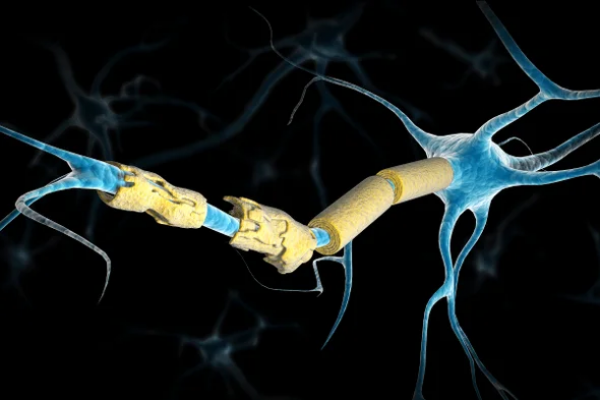Comparison of Cognitive Rehabilitation versus Donepezil Therapy on Memory Performance, Attention, Quality of Life, and Depression among Multiple Sclerosis Patients
Multiple sclerosis (MS) is a demyelinating disease of the central nervous system that affects cognitive performance and leads to depression and decreased quality of life (QOL). The current study aims to assess the effects of cognitive rehabilitation versus donepezil therapy on memory, attention, depression, and QOL in MS patients compared to placebo and control groups.
Eighty MS patients were randomly selected from parallel randomized trials and divided into four groups: A: cognitive rehabilitation (10 sessions of 120 minutes), B: control (no intervention), C: donepezil (10 mg daily), and D: placebo. Patients received the intervention for three months. They were assessed for cognitive status, depression, and QOL prior to the intervention and immediately after that using abbreviated mental test (AMT), prospective and retrospective memory questionnaire (PRMQ), everyday memory questionnaire (EMQ), digit span, MSQOL-54, and second edition Beck depression inventory (BDI). We compared scores between groups after the intervention, as well as the progression of scores in every single group.
Both donepezil and cognitive rehabilitation effectively improve memory performance, attention, depression, and QOL in MS patients. Cognitive rehabilitation is superior altogether.





Related Posts